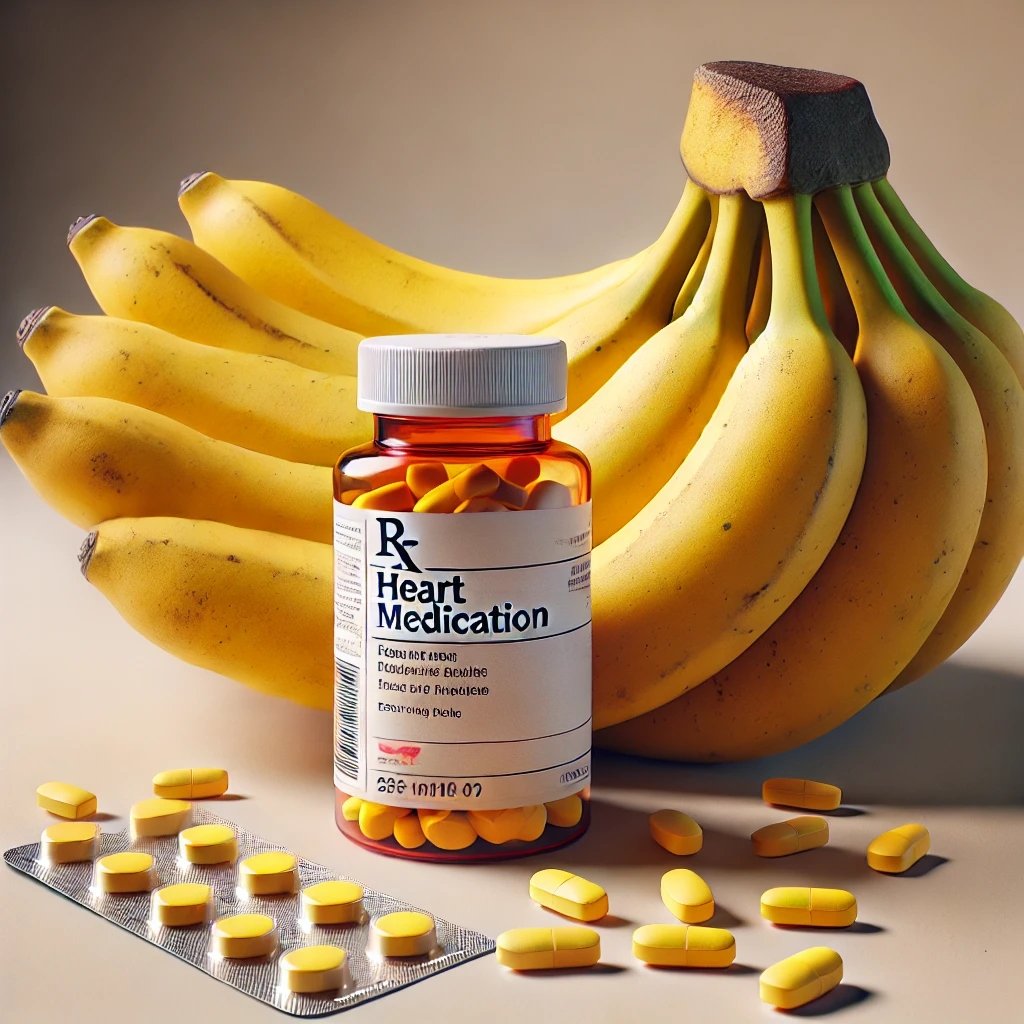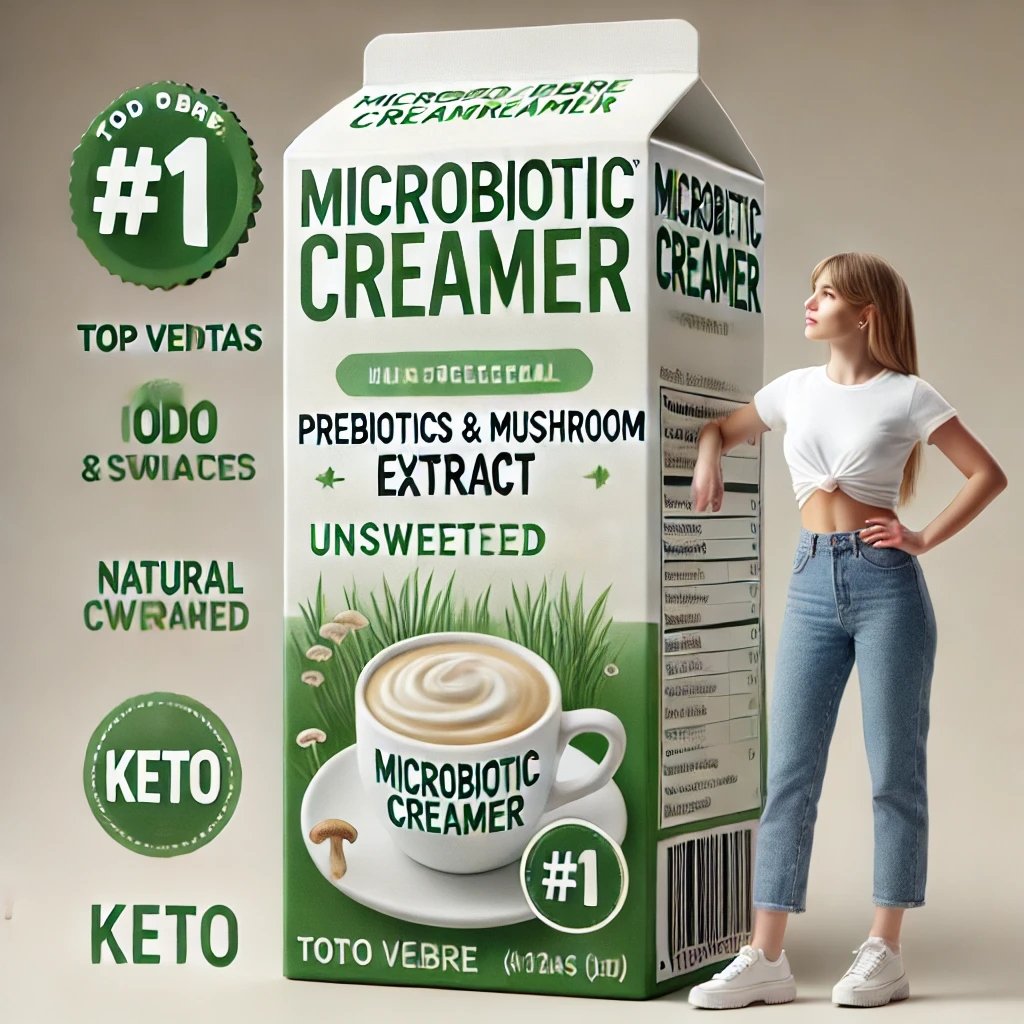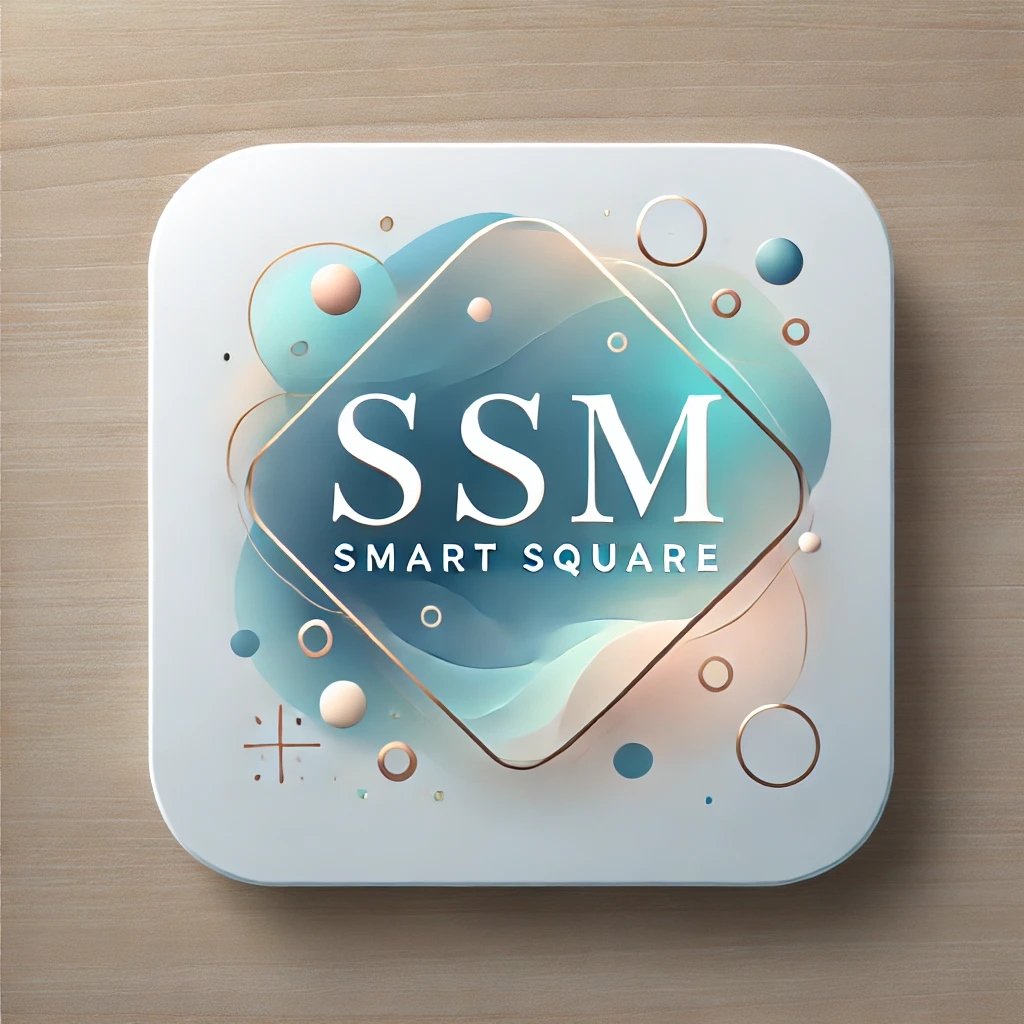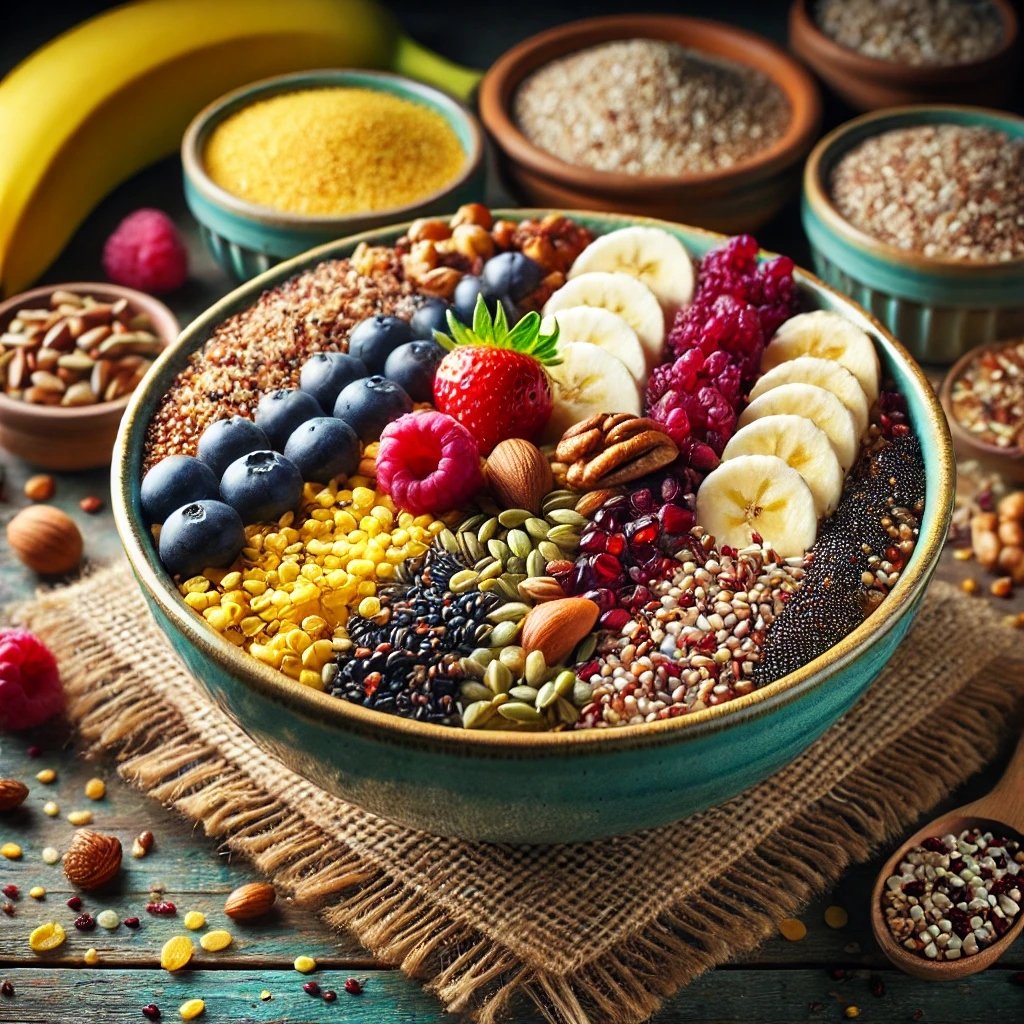Sotalol and Bananas: What You Need to Know

Sotalol is a beta-blocker commonly prescribed to manage heart rhythm disorders, such as atrial fibrillation. If you’re taking this medication, you might be wondering about potential food interactions, specifically, the effects of consuming bananas. This article aims to clarify the relationship between sotalol and bananas, providing you with clear, evidence-based information.
Sotalol and Bananas: An Overview
When it comes to sotalol, dietary considerations are essential. While bananas are often touted as a healthy fruit rich in potassium, their interaction with sotalol requires careful attention. Understanding this relationship is crucial for anyone looking to manage their heart condition effectively.
Why Potassium Matters in Sotalol Treatment
Potassium plays a vital role in heart health by maintaining normal electrical activity in the heart. However, sotalol can influence potassium levels in the body, potentially leading to a condition known as hypokalemia (low potassium levels). Hypokalemia can exacerbate the risk of arrhythmias, the very condition sotalol is prescribed to manage.
Bananas, being high in potassium, might seem like an ideal food choice for those on sotalol. However, it’s important to strike a balance to avoid any potential adverse effects.
Safe Consumption Guidelines
The key to safely consuming bananas while on sotalol lies in moderation. Consuming an appropriate amount of potassium is essential, but excessive intake may interfere with your medication’s effectiveness or exacerbate side effects. Here are some guidelines to follow:
- Consult Your Doctor: Before making any dietary changes, it’s important to speak with your healthcare provider. They can provide personalized advice based on your specific condition and potassium levels.
- Moderate Banana Intake: Eating one banana per day is generally considered safe for most people taking sotalol. However, this can vary depending on your overall diet and potassium intake from other sources.
- Monitor Potassium Levels: Regular blood tests to monitor your potassium levels are crucial. This helps ensure that your potassium intake remains within a safe range, minimizing the risk of complications.
- Consider Potassium Supplements: If you’re advised to limit your banana intake but still need to maintain healthy potassium levels, your doctor may recommend potassium supplements instead.
The Risks of Excessive Potassium with Sotalol
While potassium is essential for heart function, too much of it can pose risks, especially when taking sotalol. Hyperkalemia, or high potassium levels, can occur if your diet includes excessive amounts of potassium-rich foods like bananas. Symptoms of hyperkalemia include:
- Irregular Heartbeats: An overdose of potassium can lead to irregular heartbeats, a condition that sotalol is intended to control.
- Muscle Weakness: Elevated potassium levels can cause muscle weakness and fatigue.
- Nausea and Vomiting: Digestive issues such as nausea and vomiting may occur.
Given these risks, it’s clear why maintaining the right balance of potassium is critical when you’re on sotalol.
Sotalol and Bananas: Debunking Myths
There are several misconceptions regarding the interaction between sotalol and bananas. It’s important to distinguish fact from fiction to manage your health effectively.
Myth 1: Bananas Should Be Completely Avoided on Sotalol
Many believe that bananas should be entirely off-limits when taking sotalol. However, this is not true for everyone. While some individuals may need to limit their potassium intake, others can safely enjoy bananas in moderation. Always follow the guidance of your healthcare provider.
Myth 2: All Potassium-Rich Foods Are Harmful
Bananas are not the only food high in potassium. Other sources include oranges, spinach, and potatoes. Like bananas, these foods don’t need to be completely avoided. The focus should be on maintaining a balanced diet and monitoring your potassium levels.
Myth 3: Sotalol Alone Causes Potassium Imbalances
While sotalol can influence potassium levels, it is not the sole factor. Other medications, underlying health conditions, and diet also play significant roles. It’s essential to consider the bigger picture when evaluating your potassium intake.
How to Balance Sotalol and Bananas in Your Diet
Managing your diet while on sotalol doesn’t have to be complicated. Here are some practical tips to help you enjoy bananas without compromising your health:
- Incorporate a Variety of Fruits and Vegetables: A diverse diet ensures that you get a broad range of nutrients, helping to balance your potassium intake naturally.
- Track Your Food Intake: Keeping a food diary can help you monitor your potassium levels more effectively. This is especially useful if your healthcare provider has recommended specific dietary guidelines.
- Stay Hydrated: Proper hydration supports kidney function, helping to regulate potassium levels in the body.
- Avoid Processed Foods: Processed foods often contain high levels of hidden potassium, which can contribute to an imbalance. Focus on whole, unprocessed foods instead.
What to Do in Case of Adverse Effects
If you experience any unusual symptoms while taking sotalol and consuming bananas, such as palpitations, dizziness, or muscle weakness, contact your healthcare provider immediately. These could be signs of potassium imbalance, which needs to be addressed promptly.
Your doctor may recommend adjusting your medication, changing your diet, or taking additional tests to ensure your safety. Remember, self-management of medication and diet can be risky, so always seek professional advice before making any changes.
Sotalol and Bananas: Final Thoughts
In conclusion, bananas can be safely consumed by most individuals taking sotalol, provided they follow their healthcare provider’s advice and monitor their potassium intake. Moderation is key, and regular check-ups are essential to ensure that your heart health is managed effectively.
If you’re unsure about how bananas or other potassium-rich foods fit into your sotalol regimen, consult your doctor. With the right approach, you can enjoy a healthy diet while effectively managing your heart condition.














